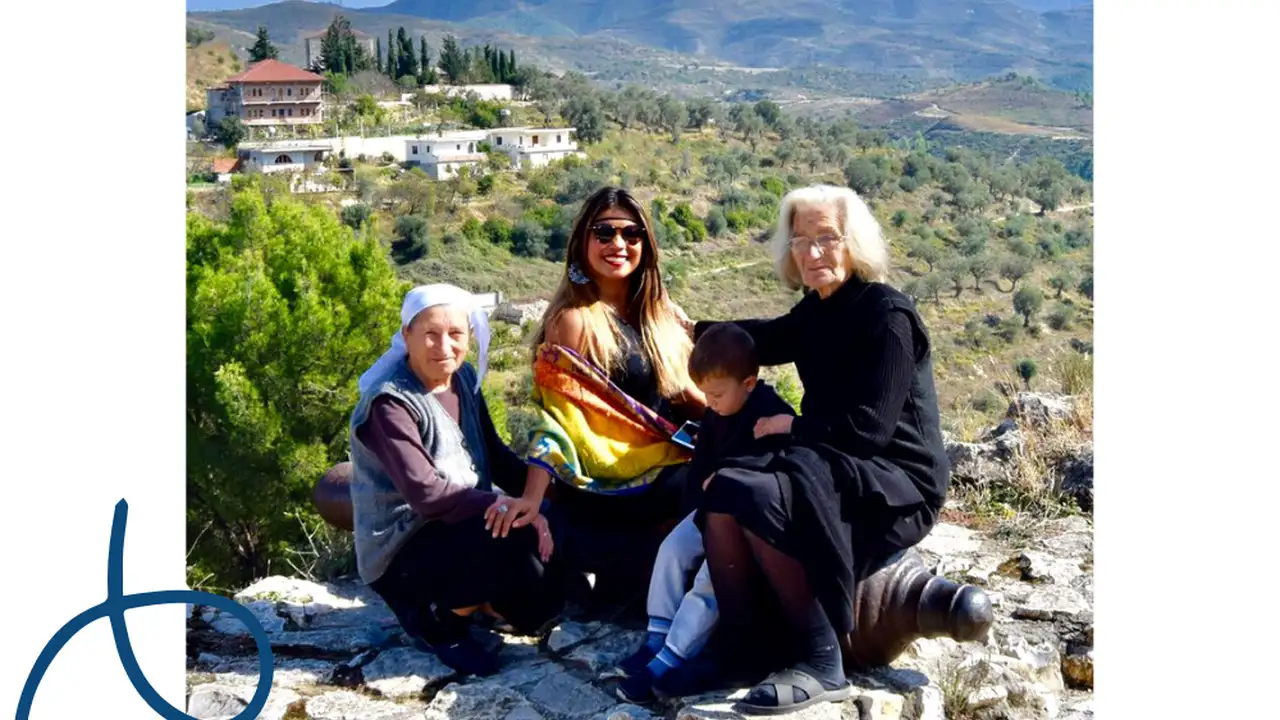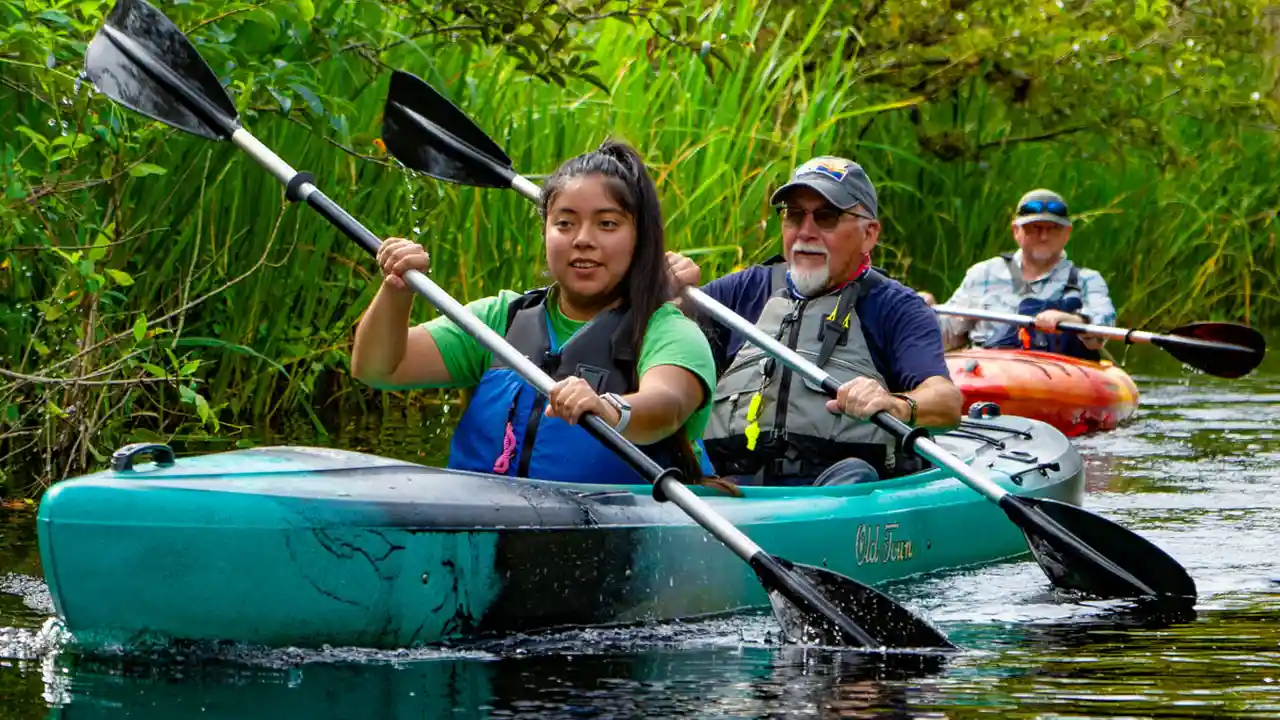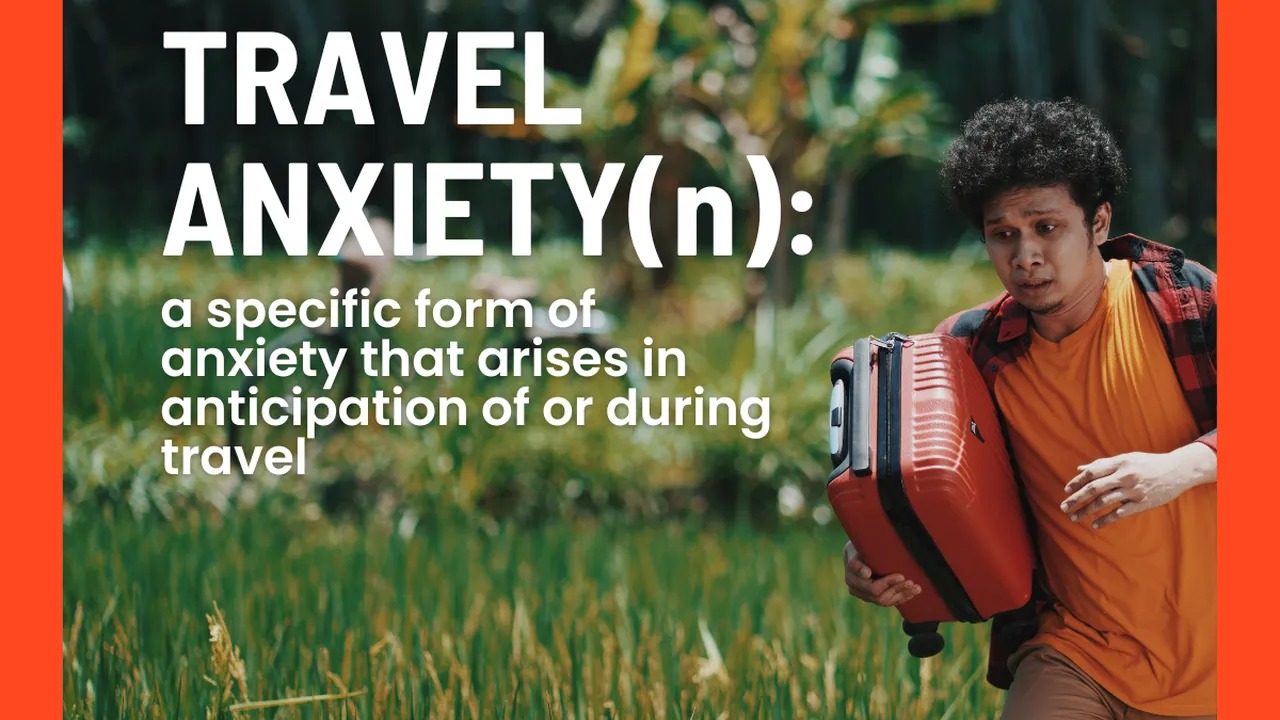Budget Travel Tips for Adventurers
Travel the world without breaking the bank with our budget travel tips. We share strategies for finding cheap flights, affordable accommodations, and free activities. Make your adventure dreams a reality on any budget.

Finding Cheap Flights for Adventure Travel
Alright, let's kick things off with the big kahuna of travel expenses: flights. Scoring a deal on flights can make or break your budget, so let's dive into some tried-and-true strategies.
Be Flexible with Your Dates and Destinations
This is the golden rule of budget travel. If you're not tied to specific dates or destinations, you're in a much better position to snag a bargain. Use flight search engines like Google Flights, Skyscanner, or Momondo to explore different date combinations and destinations. These tools allow you to see price calendars and explore destinations you might not have considered.
For example, instead of rigidly searching for flights to Bangkok in December, try searching for flights to \"Southeast Asia\" in \"any month.\" You might discover that flying to Kuala Lumpur in November is significantly cheaper.
Utilize Flight Deal Websites and Newsletters
Websites like Scott's Cheap Flights (now Going.com), Secret Flying, and The Flight Deal constantly scour the internet for error fares, flash sales, and other amazing deals. Sign up for their email newsletters to be notified immediately when a deal pops up. These deals often disappear quickly, so being prompt is key.
Imagine snagging a round-trip flight from New York to Barcelona for $300! That's the kind of magic these sites can work.
Consider Budget Airlines (But Read the Fine Print!)
Budget airlines like Ryanair, EasyJet, Spirit, and Frontier can offer incredibly low fares. However, be aware of their baggage policies, seat selection fees, and other potential add-ons. These airlines often make their money through these extra charges, so it's crucial to read the fine print carefully.
Before booking, calculate the total cost, including baggage fees and any other extras you might need. Sometimes, a slightly more expensive full-service airline with included baggage is actually cheaper in the long run.
Fly on Off-Peak Days and Times
Flights are generally cheaper on Tuesdays, Wednesdays, and Saturdays. Avoid flying on Fridays and Sundays, which are typically the most expensive days. Similarly, red-eye flights or flights during less popular times (like early morning or late at night) tend to be cheaper.
Use Incognito Mode or a VPN
Some travel experts believe that airlines track your search history and may increase prices if they see you've been searching for the same flight repeatedly. To avoid this, use incognito mode or a VPN when searching for flights. This can help ensure you're seeing the lowest possible prices.
Finding Affordable Accommodations for Adventure Travel
Next up: where to lay your head after a day of adventuring. Accommodation can be a significant expense, but there are plenty of ways to keep costs down.
Embrace Hostels
Hostels are a budget traveler's best friend. They offer dorm-style accommodation at a fraction of the cost of hotels. Hostels are also a great place to meet other travelers and share tips and experiences.
Websites like Hostelworld and Booking.com have extensive listings of hostels around the world. Read reviews carefully to find hostels that are clean, safe, and well-located.
Consider Airbnb (But Be Smart About It)
Airbnb can be a great option for affordable accommodation, especially if you're traveling with a group or staying in a location for an extended period. You can often find apartments or houses for rent at prices lower than hotels.
However, be sure to read reviews carefully and communicate with the host before booking. Pay attention to the cancellation policy and any additional fees. Also, consider the location and accessibility to public transportation.
Look for Guesthouses and Local Homestays
In many countries, particularly in Southeast Asia, guesthouses and local homestays offer affordable and authentic accommodation options. These are often family-run businesses that provide a more personal and immersive experience than hotels.
You can often find guesthouses and homestays by searching on Booking.com or Agoda. In some cases, you might need to book directly with the property or find them upon arrival.
Couchsurfing: Free Accommodation and Cultural Exchange
Couchsurfing is a platform that connects travelers with locals who are willing to offer free accommodation. It's a great way to save money and experience a different culture. However, it's important to be safe and respectful when using Couchsurfing.
Create a detailed profile, read reviews carefully, and communicate with potential hosts before requesting a stay. Always meet in a public place first and trust your instincts.
Consider Camping (If You're Equipped)
If you're an outdoor enthusiast, camping can be a fantastic way to save money on accommodation. Many national parks and campgrounds offer affordable campsites. This option requires more gear, but it can be a rewarding experience.
Finding Free Activities and Entertainment for Adventure Travel
Adventures don't always have to be expensive. There are tons of free things to do in most destinations.
Take Advantage of Free Walking Tours
Many cities offer free walking tours led by local guides. These tours are a great way to learn about the history and culture of a place without spending a dime. While the tours are technically free, it's customary to tip the guide at the end.
Explore Parks and Natural Areas
Parks, beaches, and natural areas are often free to access. Pack a picnic, go for a hike, or simply relax and enjoy the scenery. Many cities also have free outdoor concerts and events in parks during the summer months.
Visit Free Museums and Galleries
Many museums and galleries offer free admission on certain days or evenings. Check the websites of local museums to see if they have any free days or special events.
Attend Local Festivals and Events
Local festivals and events are a great way to experience the culture of a place. Many festivals are free to attend and offer live music, food stalls, and other entertainment.
Go Hiking or Biking
Hiking and biking are great ways to explore a destination and get some exercise. Many cities have extensive networks of hiking and biking trails that are free to use.
Eating Cheaply While Adventure Traveling
Food can be a major drain on your travel budget, but it doesn't have to be. Here are some tips for eating cheaply while on the road:
Eat Street Food
Street food is often the cheapest and most delicious way to eat in many countries, particularly in Southeast Asia. You can find a wide variety of tasty and affordable dishes from street vendors. Just make sure to choose vendors that look clean and have a high turnover of food.
Cook Your Own Meals
If you have access to a kitchen, cooking your own meals can save you a lot of money. Buy groceries at local markets and prepare your own breakfasts, lunches, and dinners.
Take Advantage of Free Breakfasts
Many hostels and hotels offer free breakfasts. Take advantage of these free meals to save money on food costs.
Pack Snacks
Pack snacks like granola bars, nuts, and fruit to avoid buying expensive snacks at tourist traps.
Eat Lunch Like a Local
Look for local lunch specials or set menus. These are often cheaper than ordering individual dishes from the regular menu.
Specific Product Recommendations and Comparisons
Let's get down to some specific gear that can save you money *and* make your travels easier. Remember, investing in quality gear upfront can save you money in the long run by preventing breakdowns and the need for replacements.
Travel Backpacks: Osprey vs. Decathlon Forclaz
A good travel backpack is essential. Two popular options are Osprey packs and the Decathlon Forclaz series.
* **Osprey Farpoint/Fairview 40:** These are known for their durability, comfort, and organization. They typically retail for around $160-$200. Great for longer trips where you need to carry more gear.
* **Decathlon Forclaz Travel 500 40L:** A more budget-friendly option at around $70-$90. It's surprisingly durable and well-designed for the price. Perfect for shorter trips or travelers on a tight budget.
**Comparison:** Osprey offers superior build quality and more advanced features, but the Decathlon Forclaz provides excellent value for money. If you're a frequent traveler and can afford it, the Osprey is worth the investment. If you're a casual traveler on a budget, the Decathlon Forclaz is a great choice.
Water Filters: Sawyer Squeeze vs. LifeStraw
Access to clean drinking water is crucial. Two popular water filter options are the Sawyer Squeeze and the LifeStraw.
* **Sawyer Squeeze:** A versatile and lightweight filter that can be used in multiple ways: attached to a water bottle, used as a straw, or connected to a hydration pack. It retails for around $30-$40.
* **LifeStraw:** A simple and affordable straw-style filter. You simply stick it into a water source and drink. It retails for around $20-$30.
**Comparison:** The Sawyer Squeeze is more versatile and filters a larger volume of water. The LifeStraw is more compact and easier to use on the go. If you need to filter a lot of water, the Sawyer Squeeze is the better choice. If you just need a quick and easy way to drink from questionable water sources, the LifeStraw is a good option.
Portable Power Banks: Anker vs. Xiaomi
Keeping your devices charged is essential for navigation, communication, and entertainment. Two popular power bank brands are Anker and Xiaomi.
* **Anker PowerCore 10000:** A compact and reliable power bank with a capacity of 10000mAh. It retails for around $25-$35.
* **Xiaomi Mi Power Bank 3 10000mAh:** A sleek and affordable power bank with a similar capacity. It retails for around $20-$30.
**Comparison:** Anker is known for its high-quality components and reliable performance. Xiaomi offers excellent value for money. Both are good options, but Anker might be slightly more durable and have a longer lifespan.
Final Thoughts
Budget adventure travel is totally achievable with a little planning and resourcefulness. By being flexible, doing your research, and embracing the local culture, you can have incredible experiences without emptying your bank account. So get out there and explore the world!
:max_bytes(150000):strip_icc()/277019-baked-pork-chops-with-cream-of-mushroom-soup-DDMFS-beauty-4x3-BG-7505-5762b731cf30447d9cbbbbbf387beafa.jpg)






